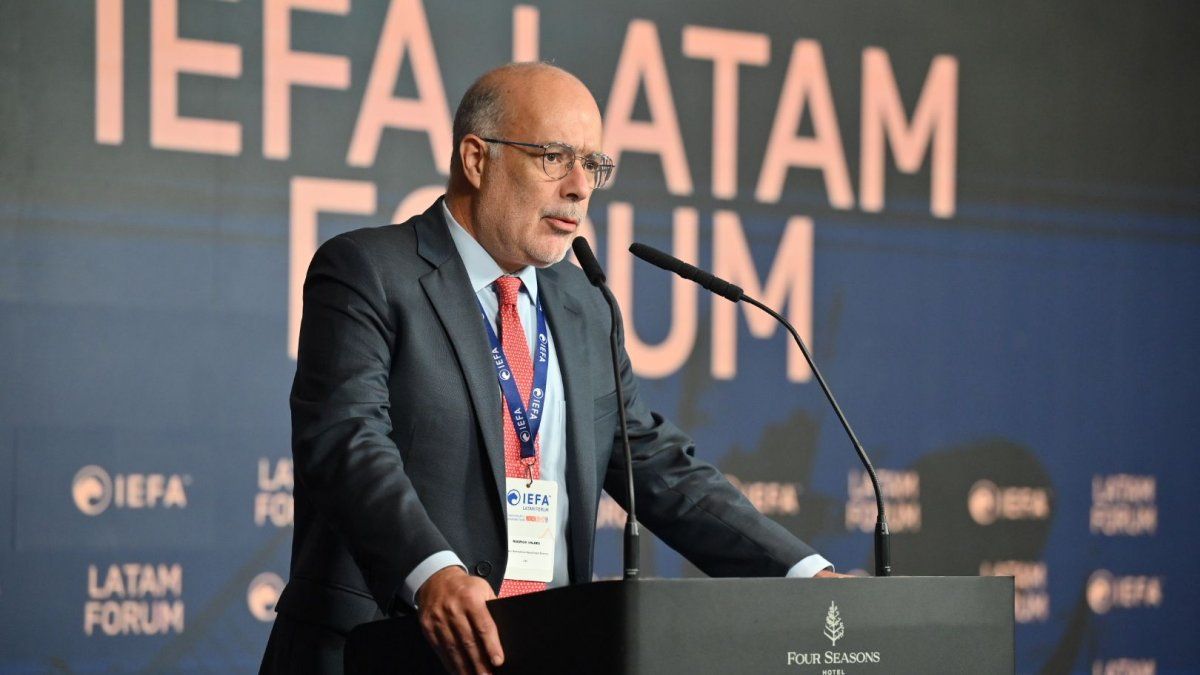He director of the Western Hemisphere Department of the International Monetary Fund (IMF), Rodrigo Valdesvalued the economic program that the government of Javier Milei. The professor is “impressive,” he said, but warned that “the burden of adjustment should not fall disproportionately on working families.”
The official highlighted that the plan is focused on a very strong fiscal anchor and that seeks to end the financing of the Central Bank to the Government and that is linked to policies aimed at lowering inflation and increasing reserves.
Is about a strong endorsement from the IMF representative to the Milei administrationwhich shows that the current management is doing “their homework” well for the organization.
In his participation in the IEFA Latam Forum, the official of the IMF highlighted “the impressive progress being made in stabilizing the macroeconomy“.
At the event held at the Four Seasons hotel in the City of Buenos Aires, he highlighted: “It was achieved fiscal surplus in January and February for the first time in more than a decade. “International reserves are being rebuilt and inflation is falling faster than expected.”
ROM_2111.JPG
In another order, the head of the Western Hemisphere of the IMF estimated that “in Latin America, after a period of crisis, growth is normalizing and there are signs of an incipient economic recovery” and considered that “there are monetary policies that are developed with stability and that ensure growth.”
The IMF and the inheritance received by the Government
On the other hand, Valdes “put focus on the inheritance that the current government received and said that the stamping plan in that context is not easy.
However, he stressed that “it is important maintain efforts to support the most vulnerable sectors of the population” on that path.
“We must prevent the heaviest burden of adjustment from falling disproportionately on working class families,” he said.
Finally, he highlighted the commitment of the IMF with the authorities. “We focus on designing policies to restore macroeconomic stability in Argentina,” said Valdés. And he highlighted the importance of creating a more open economy “that looks at the market.”
Source: Ambito




